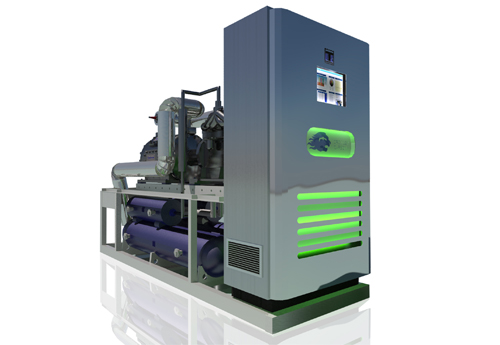Crowley Carbon Heat Recovery System “Too Successful”
When Crowley Carbon implemented a heat recovery system for the Dawn Meats facility at Ballyhaunis in County Mayo, the results were incredibly successful – too successful in fact!
Crowley Carbon´s thermal server was installed to recover heat from the facility´s waste resources and use energy being emitted from a chimney to heat water. However, the project was so successful that Dawn Meats ended up with too much hot water.
The solution – according to group environmental and sustainability manager Charlie Coakley – was to build a 1km pipe and pump the water to a neighbouring facility. “People thought we had gone off our rocker”, Mr Coakley said, “But we have seen a drop of a little over 90 percent in our thermal energy bill – it’s about €250,000 now. The system cost a little over €500,000, meaning a two-year payback which is fantastic.”
Dawn Meats invests between €500,000 and €1.2 million each year in energy efficiency and sustainability projects. The company works with the Sustainable Energy Authority of Ireland (SEAI), who help to improve efficiency by providing free advice, audits and mentoring. The savings to the company´s energy bills range between 25 percent and 90 percent. Chief executive Brian Motherway said more awareness programmes would help companies reduce bills, which would “lead to big savings”.
Currently, the SEAI suggests that smaller SMEs implement simple practices and measures – such as turning off lights when they are not in use and replacing existing lighting systems with LED lighting to generate big savings. For example, cold stores traditionally use 400w bulbs. Most of the energy generated by these bulbs end up heating the room which is supposed to be cooled. LED lights, by comparison, use about 2w of energy to generate the same amount of light – meaning minimal waste.
In factories and larger industrial plants, the advice provided is to recover heat created by compressors used to cool areas that is pushed into the atmosphere. These facilities should be heating water using a conventional condensing gas boiler, which is up to 95 percent efficient as opposed to steam heating systems that are less efficient. This means that, for every KW of gas purchased, 95 percent is converted to heat.















